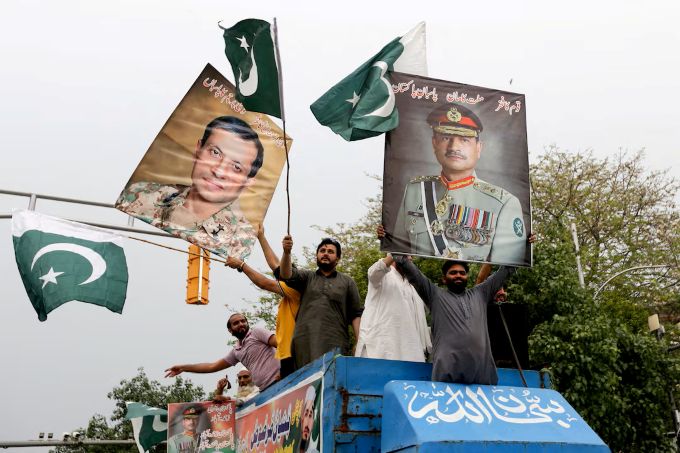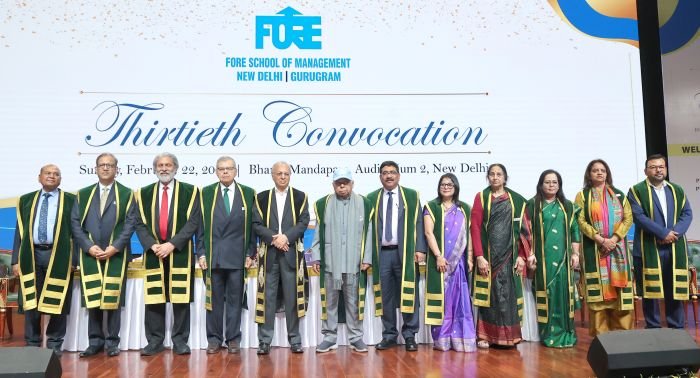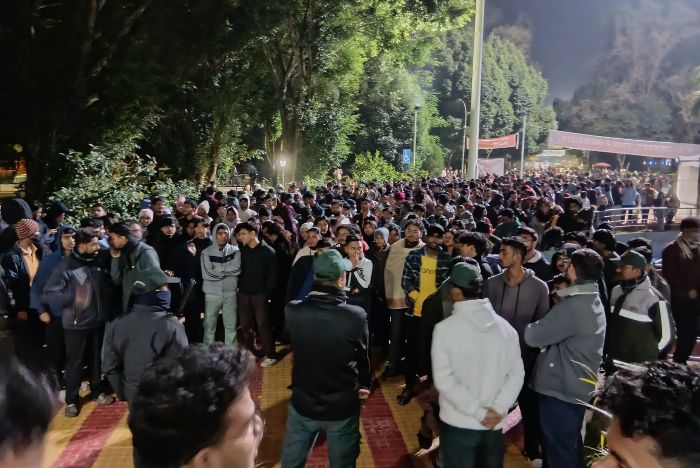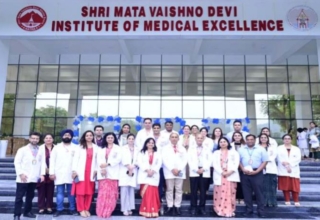
When current Army Chief General Asim Munir alluded to inheriting the legacy of General Zia-ul-Haq in his now-infamous speech, it did more than just raise eyebrows — it triggered alarm bells. It hinted at a return to the ideological straitjacketing of a nation already beleaguered by decades of top-down authoritarianism cloaked in religious righteousness. To many observers, it raised unsettling questions not only about General Munir’s political inclinations, but also about the broader ideological grooming that shapes Pakistan’s military elite.
Much like the eerily dispassionate Bob Biswas from the 2021 film — a character who embodies bureaucratized violence — General Munir, once the shadowy chief of the ISI and now the overt face of military command, appears to have graduated from covert operations to a public campaign of shaping national narrative. That narrative, disturbingly, seems to be one rooted in exclusion, in selective memory, and in a discomforting misreading of history.
One is compelled to ask: what kind of education produces such a worldview? Perhaps it is one too narrow, too doctrinaire — a regimen of military discipline and ideological indoctrination rather than intellectual breadth. Like many brought up in deeply conservative environments, General Munir may have been deprived of an education that embraces the full civilizational richness of the subcontinent — its pluralism, its philosophical traditions, its cultural syncretism. Had such a vision informed his upbringing, it is doubtful he would so comfortably echo the ethos of General Zia, a figure synonymous with sectarian division, suppression of dissent, and the militarization of Pakistan’s polity.
The consequences of this narrowness are not merely academic. Pakistan’s history is littered with the wreckage of military overreach. From the Rawalpindi Conspiracy Case of the 1950s to Yahya Khan’s notorious debauchery and disastrous leadership in 1971, the armed forces have repeatedly substituted personal ambition for national interest. Each intervention has left the country more fractured, more insecure, more uncertain of its identity.
Even the ideological foundations of Pakistan — a homeland for Muslims of South Asia — have been misappropriated and distorted over the decades. The metaphorical sapling from Aligarh Muslim University, intended as a symbol of enlightened Muslim modernity, was transplanted into a soil that was alien to it, devoid of the same intellectual, cultural, and civilizational nutrients. Instead of adapting, it withered into a brittle orthodoxy — a far cry from the pluralistic aspirations of its early architects.
What emerged instead was a nation divorced from its cultural roots, administered by a military establishment more comfortable with colonial structures than democratic governance. Jinnah’s vision, already compromised by Partition’s trauma, was further suffocated by successive generals who treated the people as subjects, not citizens.
As Pakistan stands today, economically precarious, diplomatically isolated, and socially polarized, it cannot afford another chapter of ideological regression. A nation founded on the promise of inclusion must not be ruled by those who fetishize exclusion. If General Munir truly sees himself as a torchbearer, he must choose carefully whose torch he carries — and whether it lights the way forward, or simply sets the past ablaze once again.
Only a leadership that understands and embraces the full tapestry of this region’s history — one that learns from its mistakes rather than repeating them — can hope to guide Pakistan toward a more stable, equitable future. The alternative is a dangerous and all-too-familiar descent into the shadows of our own making.








